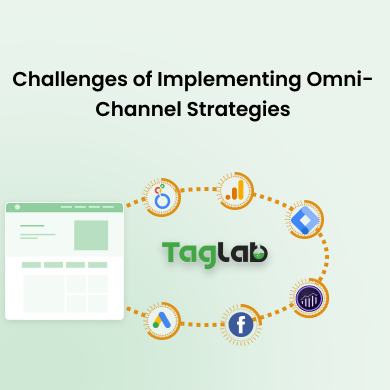Your cart is currently empty!
Referral Program
Posted by:
|
On:
|
Referral Program is a marketing strategy where businesses incentivize existing customers or partners to refer new customers to their products or services. This program leverages the power of word-of-mouth and personal recommendations to generate new leads and increase customer acquisition.
Detailed Explanation
Referral Programs are structured to reward individuals or organizations for referring new customers. Key components of a referral program typically include:
- Referrer Incentives: Rewards or benefits provided to the existing customer or partner who makes the referral. Incentives can include discounts, cash rewards, gift cards, or other perks.
- Referred Customer Benefits: Special offers or discounts given to the new customer who is referred, encouraging them to make a purchase or sign up for the service.
- Tracking and Management: Systems in place to track referrals, manage reward distribution, and ensure the program operates effectively.
- Promotion: Marketing efforts to inform customers about the referral program and encourage participation, such as through email campaigns, social media, or on the company’s website.
Benefits of a well-designed referral program include:
- Cost-Effective Acquisition: Referral programs often have lower costs compared to traditional advertising channels, as rewards are only given when a successful referral is made.
- Increased Trust: Recommendations from friends or colleagues are often trusted more than traditional marketing messages, leading to higher conversion rates.
- Enhanced Customer Loyalty: Rewarding existing customers for their referrals can strengthen customer relationships and encourage repeat business.
- Increased Reach: Referrals can help businesses reach new audiences through existing customers’ networks, expanding their market reach.
- Higher Quality Leads: Referred customers are often more qualified and engaged, as they come with a pre-existing positive impression of the brand.
Key Points
- What it is: A marketing strategy where existing customers or partners are incentivized to refer new customers to a business.
- Why it matters: It leverages word-of-mouth and personal recommendations to acquire new customers cost-effectively and build trust.
- Components: Referrer incentives, referred customer benefits, tracking and management systems, and promotion efforts.
Examples
- Customer Referral Discounts: Offering a discount on future purchases for customers who refer friends or family members.
- Cash Rewards: Providing a monetary reward to customers who successfully refer new clients who make a purchase.
- Referral Contests: Running contests where customers can earn entries by referring new customers, with a prize for the top referrer.
- Affiliate Programs: Collaborating with affiliates who earn commissions for referring new customers to the business.
- Product Samples: Giving referrers free samples or exclusive access to new products as a reward for their referrals.
- Charitable Donations: Donating to a charity on behalf of customers who make successful referrals.
Related Terms
- Affiliate Marketing
- Word-of-Mouth Marketing
- Customer Loyalty Program
- Incentive Program
- Referral Fee
Frequently Asked Questions
What is a Referral Program?
A Referral Program is a marketing strategy where businesses incentivize existing customers or partners to refer new customers, often with rewards for both the referrer and the referred customer.
What are the benefits of a Referral Program?
Benefits include cost-effective customer acquisition, increased trust and credibility, enhanced customer loyalty, greater market reach, and higher quality leads.
How do Referral Programs work?
Referral Programs work by offering rewards to existing customers for referring new customers. The program tracks referrals, manages rewards, and promotes participation to maximize effectiveness.




